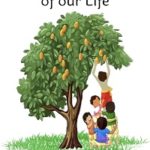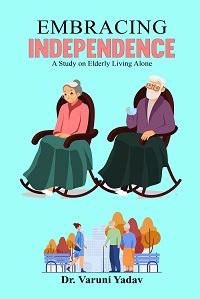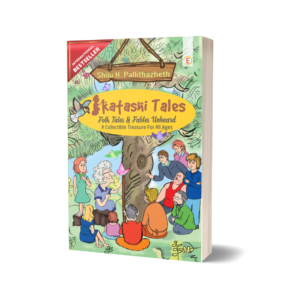Description
ABOUT THE BOOK
The book delves into the lives of elders, who are highly regarded as repositories of wisdom and knowledge in Indian culture. It emphasizes the respect and dignity with which the elderly are treated within families and communities. However, it acknowledges that the level of involvement of the elderly varies depending on factors such as their proximity to their grandchildren, their relationships with their own children, the type of family structure, and their health.
The central focus of the book revolves around a specific category of elderly individuals who live alone. Some choose to do so willingly, while others are compelled by circumstances such as being single, divorced, or widowed at a young age, or not having children. Even when their children wish for them to live together, some elderly individuals opt for solitude to maintain their independence and personal space. This unique subset of elderly people forms the core subject of the book.
The book explores the well-being and overall situation of these elderly individuals, encompassing aspects like their physical and emotional health, independence, lifestyle, financial status, and living arrangements. It also examines the relationship between independence and well-being among the elderly population, supported by factual analysis. The primary goal is to scrutinize the reasons and advantages of moving into retirement homes, or remaining in their own homes, based on insights from various case studies derived from interviews with elderly individuals, caregivers, and retirement home managers.
Throughout the book, multiple chapters provide a deep understanding of the elderly’s experiences, the perspectives of those who care for them, and practical insights into the subject matter. This work serves as a comprehensive exploration of the elderly’s choices, needs, and the implications of their living arrangements on their overall well-being.







Reviews
There are no reviews yet.